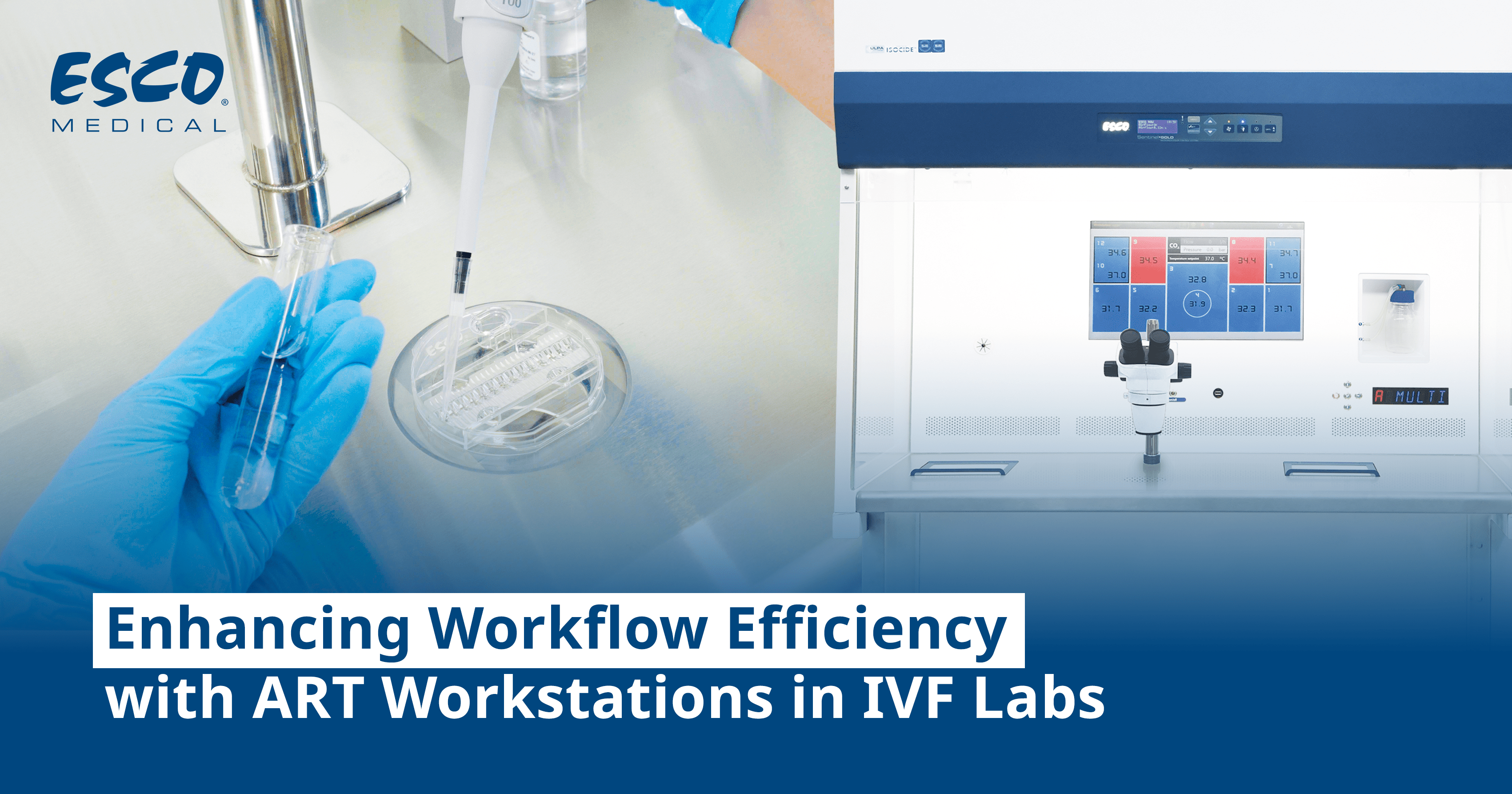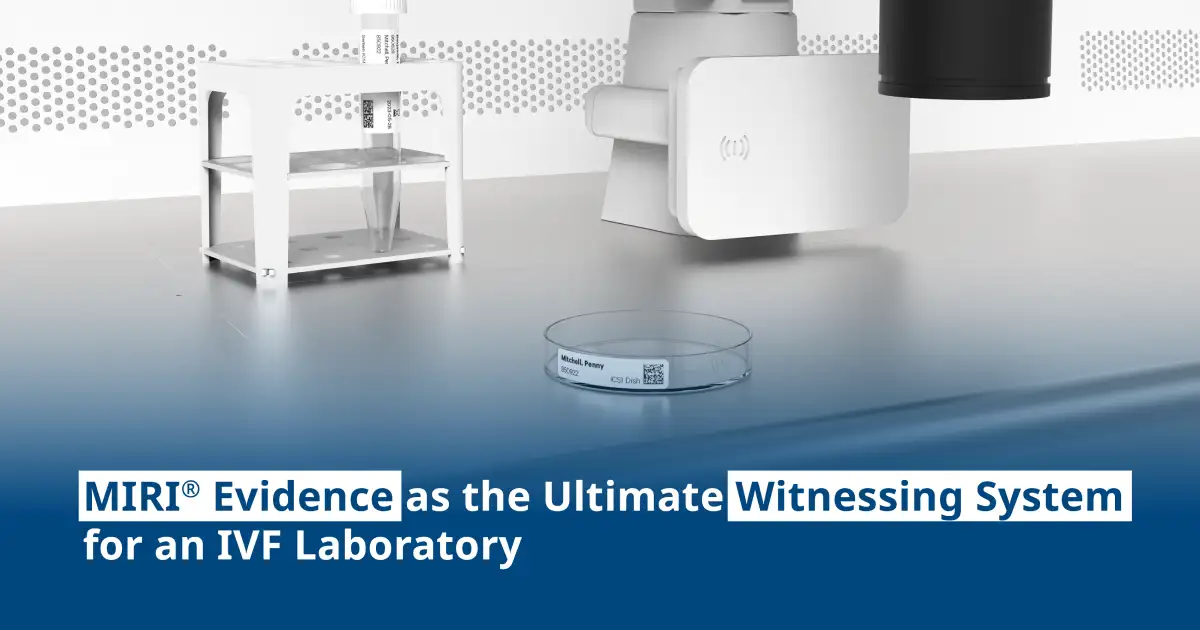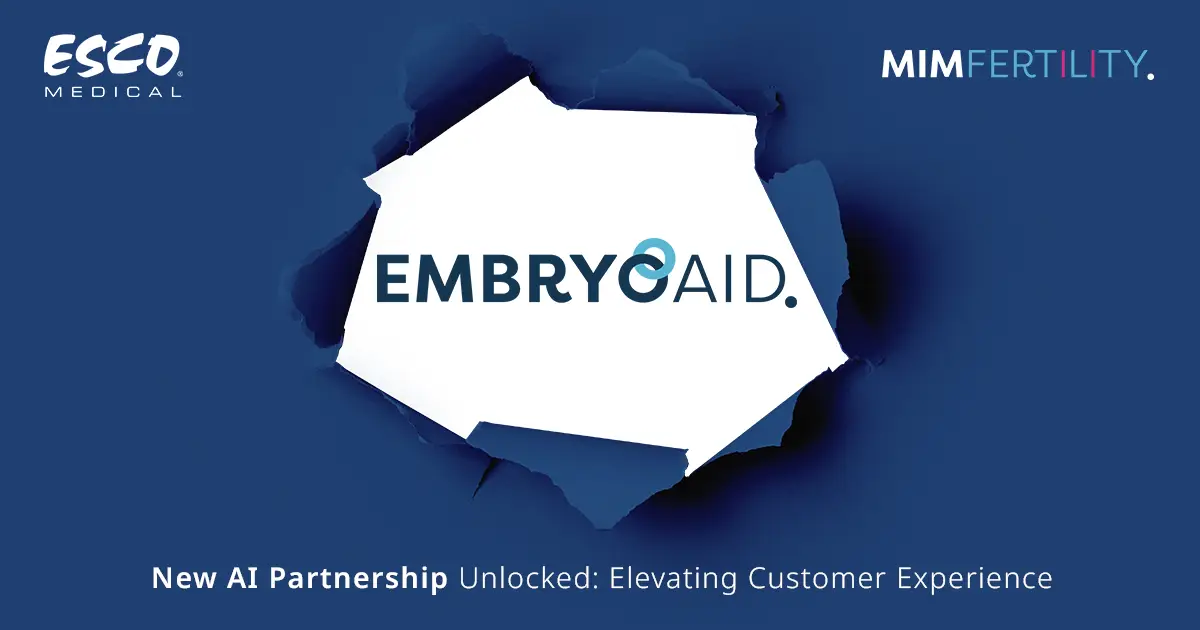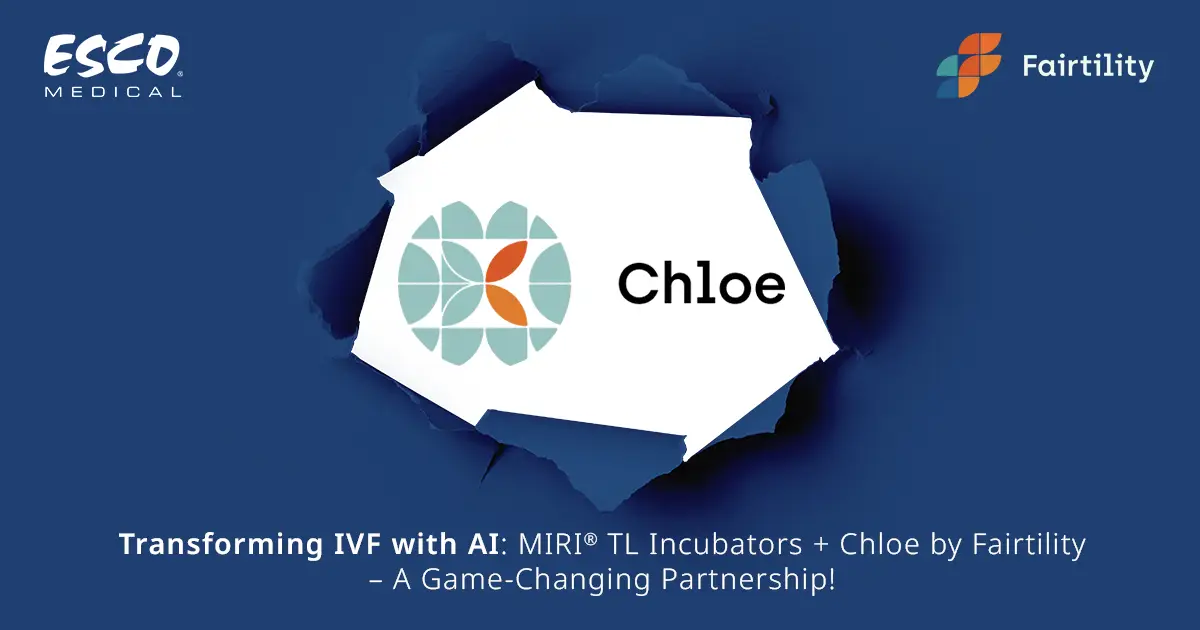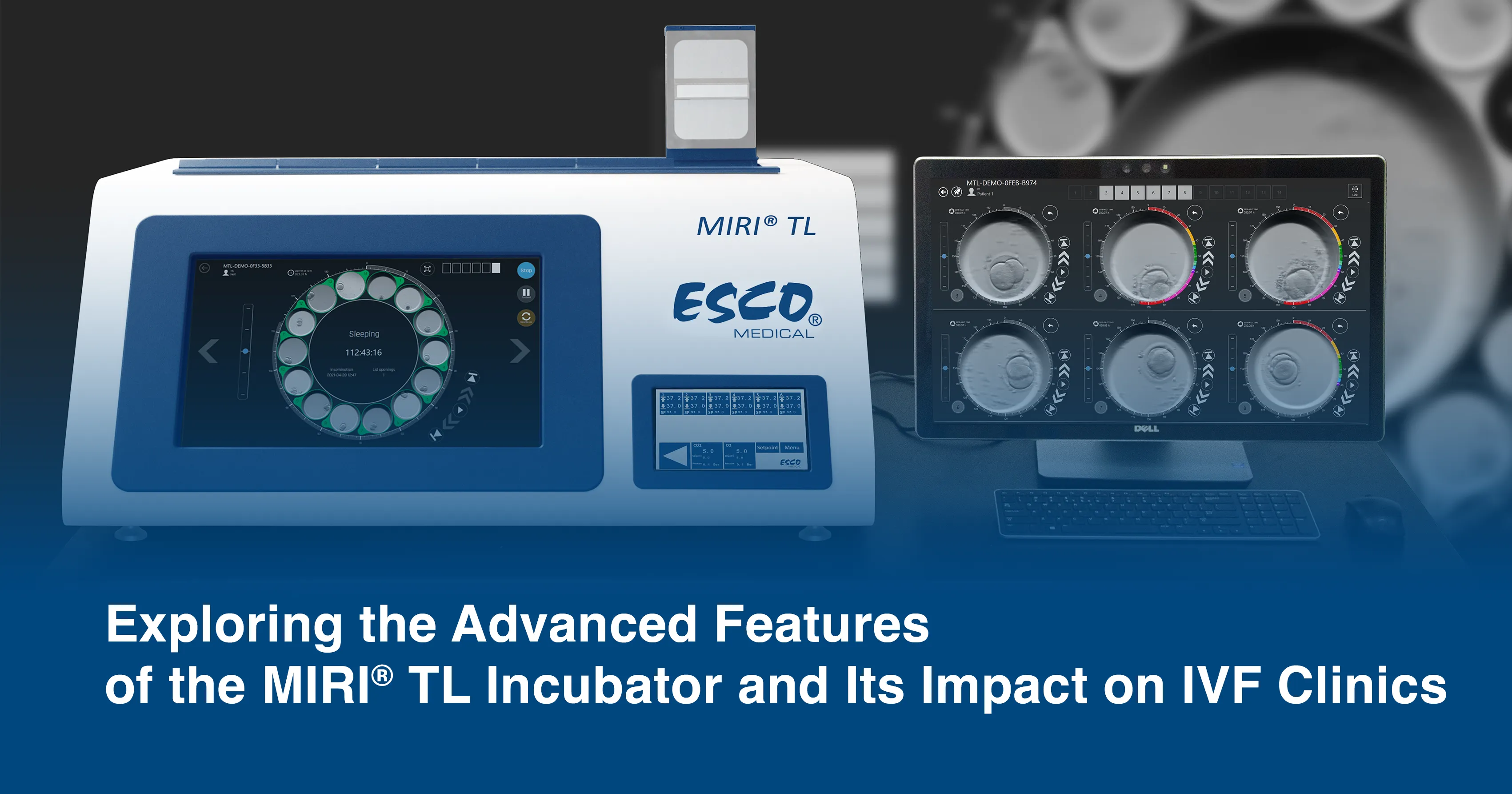.jpg)
Preimplantation Genetic Testing (PGT) is a set of specialized techniques to identify genetic abnormalities in embryos created during in vitro fertilization before being transferred into the woman's uterus to find a variety of genetic abnormalities. Genetic problems can cause implantation failure, miscarriage, and birth defects in future children. [1]
Overview
Embryos are created from eggs and sperm. Mature eggs and sperm have 23 chromosomes, when they combine, a new individual is created with a set of chromosomes 2n= 46. Chromosomes contain genes that confirm the characteristics of the new individual, For example: eye color, height, and blood type...
An individual's genetic information is packaged into DNA strands called chromosomes. Normal human cells consist of 46 chromosomes or 23 pairs of chromosomes. These pairs of chromosomes are marked from 1 to 22 (normal chromosomes) and X, Y (sex chromosomes). Certain errors in the early stages of sperm, oocyte, or embryo development can lead to abnormal numbers of chromosomes in the developing embryo (e.g., missing, or extra chromosomes). This is called chromosomal aneuploidy. Abnormalities in the number of chromosomes can cause implantation failure, miscarriage, or giving birth to a child with a chromosomal abnormality (e.g.: Down syndrome, single gene disorder,).
Types of PGT tests
There are 3 types of preimplantation genetic testing (PGT) applied in assisted reproductive technology (ART), including:
-
PGT-A
PGT-A is a test to detect aneuploidy abnormalities used to screen for aneuploidy related to any chromosome. PGT-A is commonly recommended for situations including severe male infertility, older female patients, a track record of multiple failed embryo transfers, and recurrent miscarriages.
-
PGT-M
This test is designed to aid in the diagnosis of single-gene disorders PGT-M is commonly recommended for parents with single-gene genetic abnormality and at greater risk of having a child with the disease. The PGT-M test assists couples in identifying embryos free from the genetic diseases inherited from their parents. Some diseases can be screened using PGT-M such as thalassemia, hemophilia ...
-
PGT-SR
This is a test that helps diagnose chromosomal structural abnormalities. This test is often indicated in cases where couples encounter chromosomal abnormalities such as chromosome deletions, chromosome duplications, balanced translocations, etc. This test helps select healthy embryos. do not suffer from chromosomal defects.
How is the PGT technique performed?
Preimplantation genetic testing (PGT) is an advanced technique in assisted reproduction. The pre-implantation genetic testing process includes making a small hole in the embryo's outer membrane (trophectoderm cell, also known as the outer layer of trophoblast cells), using a laser integrated into a specialized microscope use.
Then, the embryologist uses a micromanipulation system to gently remove 5-7 cells from the embryo and take them for DNA analysis. This technique is used to identify genetic abnormalities in embryos created through in vitro fertilization or intracytoplasmic sperm injection (IVF or ICSI), screening the best-quality embryos for implantation into the uterus, increase the likelihood of success, and reduce the number of artificial insemination cycles.
Currently, preimplantation genetic testing is performed with day 5 or day 6 blastocysts to obtain many cells without affecting the inner cell mass (the component that will make up the future fetus).
Benefits of the PGT technique
Here's a longer explanation of the benefits of Preimplantation Genetic Testing (PGT) in In Vitro Fertilization (IVF):
-
Preimplantation Genetic Testing (PGT) has marked a significant breakthrough in the field of In Vitro Fertilization (IVF), offering numerous crucial advantages to couples facing infertility or genetic concerns. Below are detailed benefits of PGT.
-
Certainly, here's a longer explanation of the benefits of Preimplantation Genetic Testing (PGT) in In Vitro Fertilization (IVF):
-
Preimplantation Genetic Testing (PGT) has marked a significant breakthrough in the field of In Vitro Fertilization (IVF), offering numerous crucial advantages to couples facing infertility or genetic concerns. Below are detailed benefits of PGT:
-
Increased Pregnancy Success: PGT eliminates embryos with chromosomal abnormalities, significantly raising the chances of a successful pregnancy while reducing the risk of miscarriage.
-
Reduced Genetic Disease Risk: PGT can identify genetic mutations or anomalies, preventing the transmission of serious genetic disorders to future generations.
-
Improved Embryo Selection: It allows for the selection of the healthiest embryos, maximizing the likelihood of a successful pregnancy and minimizing the risk of miscarriage.
-
Family Planning: PGT empowers couples with information about specific genetic conditions, enabling them to choose embryos free from those conditions, ensuring the birth of healthy children.
-
Emotional Stress Reduction: PGT alleviates the emotional burden of multiple IVF cycles and the uncertainty associated with miscarriages or the birth of a child with a genetic disorder.
-
Ethical Considerations: PGT helps avoid the need for selective abortion if a pregnancy is found to have serious genetic issues, addressing ethical concerns.
-
Age-Related Advantages: Older women can benefit from PGT as it detects chromosomal abnormalities that become more prevalent with age, thus improving IVF success rates for them.
It's crucial to acknowledge that PGT is not a one-size-fits-all solution and may not be necessary for every IVF candidate. Consult a healthcare professional to determine if PGT aligns with your specific circumstances and needs.
Limitations and risks when performing the PGT technique?
Limitations:
The first and the most importance of PGT is Mosaicism: PGT may not always detect mosaicism, where some cells in an embryo have genetic abnormalities while others do not. This can lead to false-negative or false-positive results and PGT primarily screens for chromosomal abnormalities and specific genetic mutations. It may not provide a comprehensive assessment of all potential genetic issues or complex conditions. Secondly, for difficult families, the Price decides whether they choose this method or not: PGT can be expensive, adding to the overall cost of IVF treatment, and it may not be financially feasible for all couples. Finally, Availability and Expertise: Not all fertility clinics offer PGT services, and the procedure requires specialized equipment and trained personnel.
Risks:
-
Embryo Damage
The biopsy process involved in PGT carries a small risk of harming the embryo, potentially reducing its viability.
-
False Positives/Negatives
PGT results are not always 100% accurate, and there's a possibility of false-positive or false-negative results, leading to incorrect embryo selection.
-
Ethical Dilemmas
The ability to select embryos based on genetic traits raises ethical questions about eugenics and the potential for misuse.
-
Reduced Embryo Pool
PGT can lead to the exclusion of embryos that might have developed normally, reducing the number of embryos available for transfer.
-
Stress and Emotional Impact
The process of undergoing PGT, waiting for results, and making decisions based on those results can be emotionally challenging for couples.
-
No Guarantee of Pregnancy
Even with PGT, there is no guarantee of a successful pregnancy, as other factors beyond genetics can influence fertility and pregnancy outcomes.
-
Issues
Different countries may have varying regulations and restrictions on PGT, affecting access and options for couples.
It's essential for couples considering PGT to have a thorough discussion with their healthcare providers to understand the benefits, limitations, and potential risks associated with the technique. The decision to undergo PGT should be made based on individual circumstances and medical advice. Impaired fecundity affects over 12% of reproductive age women. Health insurance coverage for infertility treatments, however, is limited in the United States. Prior to 2017, fifteen states enacted laws mandating insurance coverage for at least some infertility treatments, although only nine specifically mandated partial or complete coverage for In Vitro Fertilization (IVF) [2]. Coverage for PGT-A is generally not available unless medically necessary and very specific criteria are met [3].
For Esco Medical, the production and development of the MIRI® Time-Lapse Incubator will greatly support and improve the research and implementation of PGT technique in the IVF Lab. Time-lapse embryo monitoring offers comprehensive morphogenetic information throughout embryo development, surpassing the limited insights provided by standard spot microscopic assessments. This comprehensive data enables the observation of crucial developmental events, aiding in the identification of healthy embryos most likely to successfully implant and, consequently, leading to increased pregnancy success rates. Esco Medical, a prominent producer of top-tier Assistive Reproductive Technology (ART) solutions, has chosen to integrate CHLOE EQ™ into its advanced multi-room time-lapse incubator, MIRI®. This strategic decision enhances the incubator's functionality by incorporating transparent, AI-generated assessments of embryo quality, further bolstering its state-of-the-art features and capabilities.
